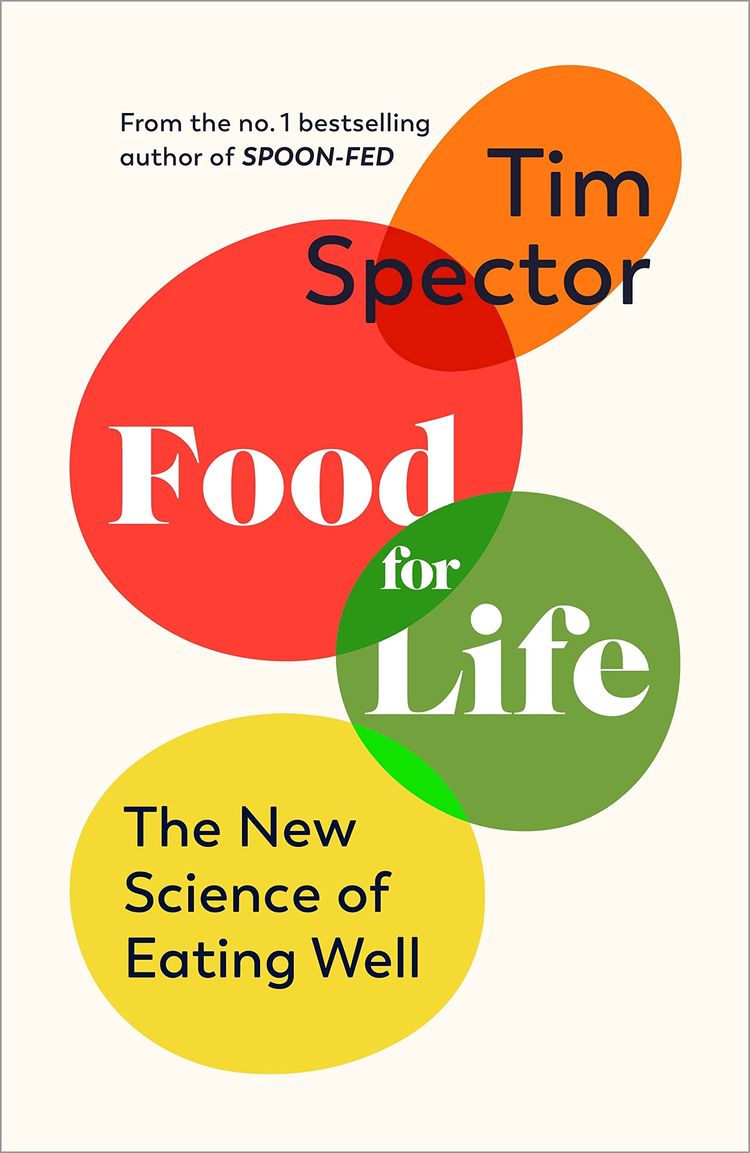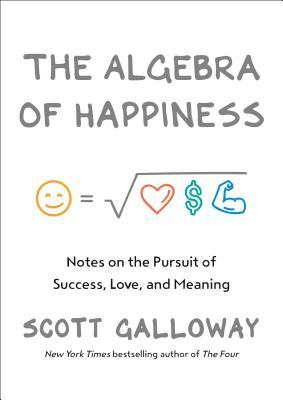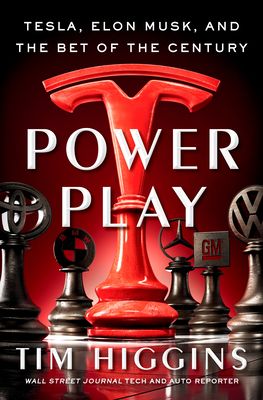AIQ by Nick Polson
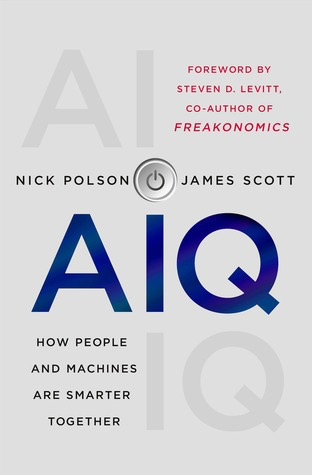
My Rating of “AIQ” by Nick Polson and James Scott: 8 / 10
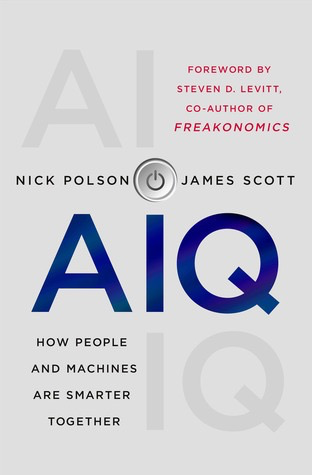
Are you looking to learn the foundational aspects of artificial intelligence, what it really means to our world and the economy? Then this is a good book to read as Nick Polson and James Scott break down the components of AI down. Furthermore they link these aspects to historical (and interesting) events thereby truly breaking down the AI walls and buzz words in the industry. Whether it is machine learning, conditional probability or AI, these terms are thrown out and replaced with a layman’s explanation coupled with real life examples. For example, the book is broken down into seven chapters, each with a story, explanation and application – in my opinion very well put together.
The book opens with the story of Netflix and the company’s thirst for improving its recommendation engine to customers. For those that may remember, Netflix created a competition on the Internet in which the winner would win $1,000,000 if it could improve on the current Netflix recommendation algorithm. The authors use this case study and explain the approach taken by the ultimate winner and why their particular algorithm ended up winning. They in fact used an algorithm used by Abraham Walk back in World War II where statistic sampling was leveraged in order to reduce damage impacts to aircraft during aerial fighting. Interesting enough the ultimate recommendation engine that won actually drove Netflix’s strategy on producing their own content; a major success for the industry.
As mentioned this book contains many interesting stories just as thought provoking as the Netflix example above. It helped me in demystifying the AI concepts and establish a more realistic reality on AI’s ability to take hold and dominate society in the future. I highly recommend this book to get a realistic picture on AI and its application along with the benefits to human society today and in years to come.
Three key takeaways from the book:
- A domain specific illusion of intelligent behaviour is what happens when you chain a lot of algorithms together in a clever way. This is essentially what AI, Machine Learning, Deep Learning is. There is a lot of sales speak on these terms however “domain” and “specific” is absolutely key aspects to the AI definition; now and for the foreseeable future.
- In AI, the role of the programmer isn’t to tell the algorithm what to do. It’s to tell the algorithm how to train itself what to do, using data and the rules of probability.
- To a learning machine, “personalisation” means “conditional probability”.
